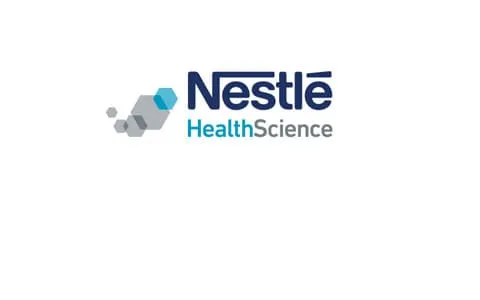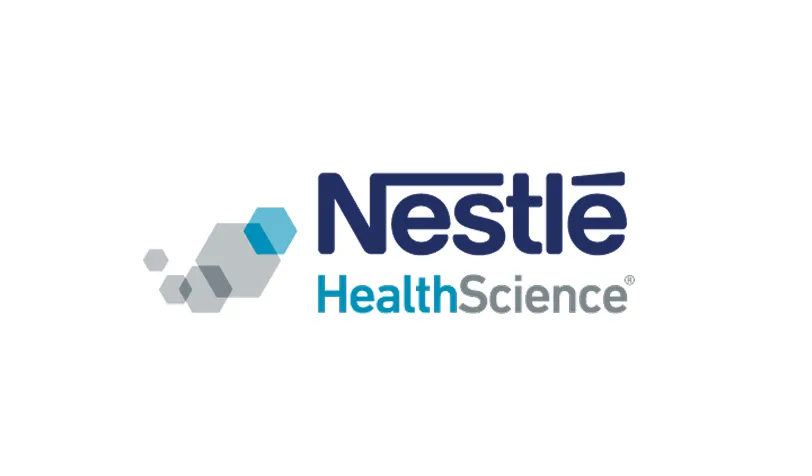Protein energy wasting (PEW) is common in patients with chronic kidney disease (CKD) and is associated with adverse clinical outcomes, especially in individuals receiving maintenance dialysis therapy. This publication is an International Consensus Statement by the International Society of Renal Nutrition and Metabolism on the prevention and treatment of protein energy wasting in chronic kidney disease patients.
Ikizler, T.A, et al. 2013. Prevention and treatment of protein energy wasting in chronic kidney disease patients: a consensus statement by the International Society of Renal Nutrition and Metabolism
- 17/06/2021 - 08:39 am
The present guideline provides 32 evidence-based recommendations and 8 statements for hospitalised patients with acute or chronic kidney disease, defining how to assess nutritional status, how to define patients at risk, how to choose the route of feeding, and how to integrate nutrition with kidney replacement therapy.
This systematic review looks at potential benefits of nutrition support (oral or tube feeding) in patients with chronic kidney disease. The study suggests that enteral multinutrient support significantly increases serum albumin concentrations and improves total dietary intake which may benefit clinical outcome, especially in malnourished patients.
A controlled clinical trial which aimed to compare the effects of a renal-specific oral nutrition supplement (RS-ONS) and a standard recommended nutrition regime on biochemical and nutrition markers in malnourished patients with CKD on hemodialysis. Long-term oral nutrition supplementation improves outcomes in malnourished patients with chronic kidney disease on hemodialysis.
This online resource provides an overview of the clinical uses of NOVASOURCE Renal and identifies the nutritional problems and associated needs of patients with compromised renal function. Additionally, it summarises how NOVASOURCE Renal is able to meet these needs by highlighting the key features and benefits.
Outcomes associated with intradialytic oral nutritional supplements in patients undergoing maintenance hemodialysis: a quality improvement report. This report showed that maintenance hemodialysis patients with albumin levels ≤3.5 g/dL who received monitored intradialytic oral nutritional supplements showed survival significantly better than similar matched patient controls, with the as-treated analysis highlighting the potentially large effect of this strategy in clinical practice.


